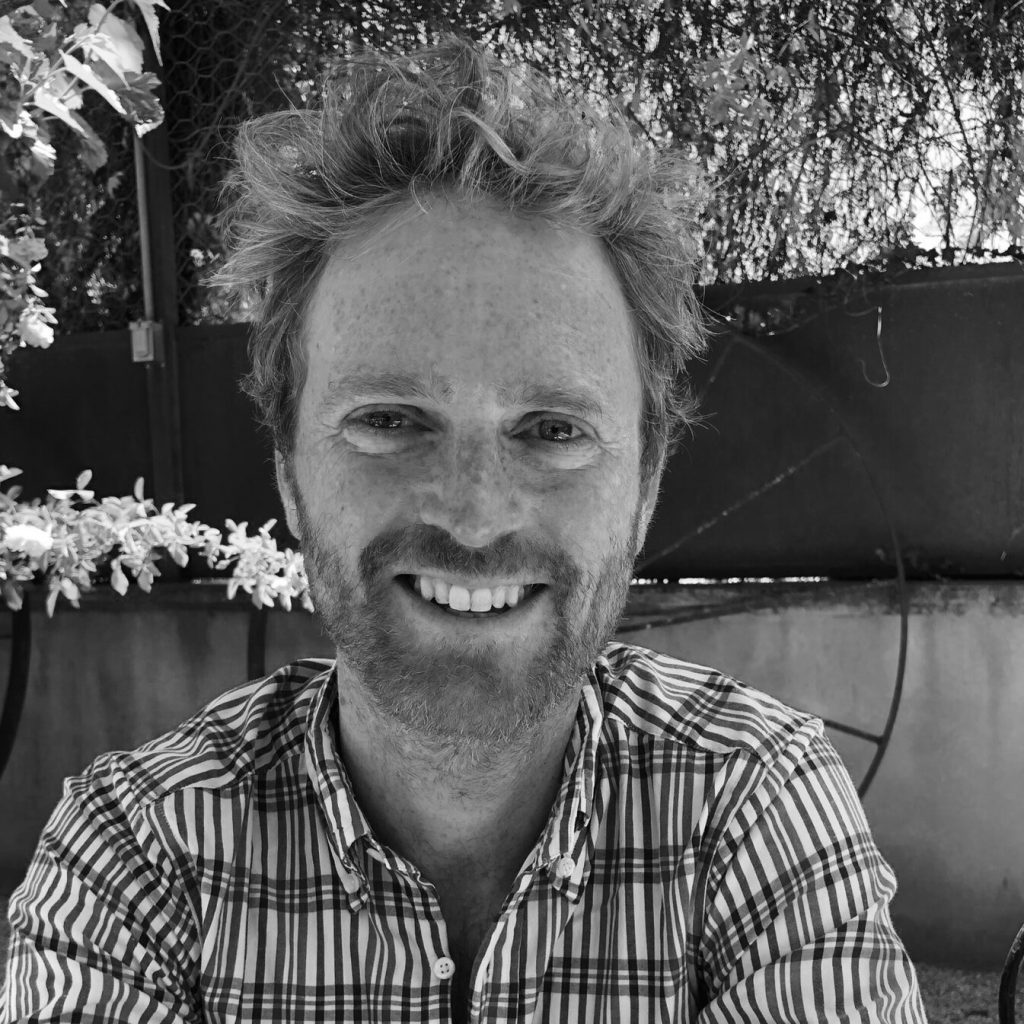Kelp as the new corn.
Big Picture
Kelp is the perfect industrial crop: all the versatility of corn or soy with none of the ungodly land, water, and chemicals needs. With just two of Earth’s most abundant resources–sunlight and seawater–kelp generates abundant biomass, sucks up carbon, reduces ocean acidification, and provides marine life habitat. But to get to corn-scale, kelp must compete on cost, quality, and quantity.
How it Works
Macro Oceans converts kelp into multiple valuable products in just one single step. Their modular, zero-waste system feeds whole plants to a cocktail of microbes that gently extract bioactive compounds. These compounds can be used or converted into a range of all-natural, high-quality functional plant-based feedstocks like biopolymers, pharmaceuticals, sugars, and proteins.
Unfair Advantage
Macro Oceans’ single-step process dramatically simplifies processing and reduces costs 7x over existing bioprocessing practices. The drop-in, plant-based ingredients offer a zero-waste feedstock for products typically derived from petroleum or industrial mono-crops in some of the world’s largest, most pollutive industries like pharma, plastics, textiles, and animal protein.
10x
Faster carbon removal
from kelp forests than terrestrial forests

MATTHEW PERKINS CEO & FOUNDER
Matthew sold his previous agtech company, Yield Pop, to the Climate Corporation. He has over a decade of experience in agtech and was also the first business hire at Inari Agriculture.
Oceans are better at storing carbon than trees. In a warmer future, ocean carbon sinks could help stabilise our planet.
Phys.org
State of the Seaweed Industry 2022
Phyconomy
